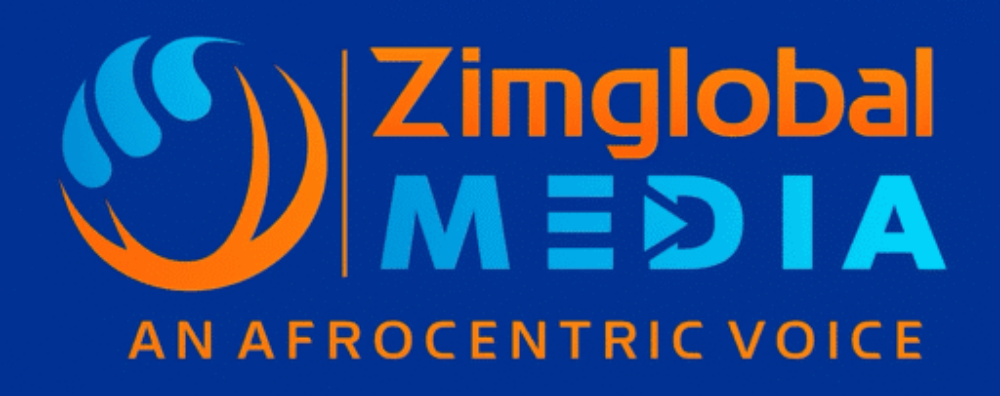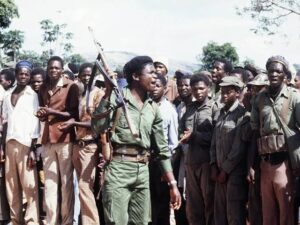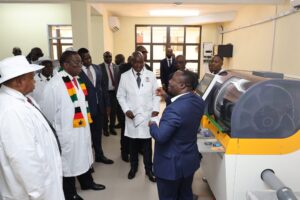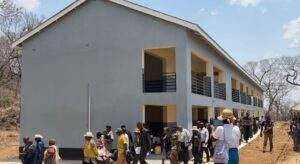Kwame Nkrumah’s Vision – Is a United Africa Still Possible?
4 min read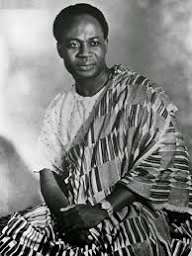
Editorial – When Ghana’s first president, Dr. Kwame Nkrumah, stood before the newly independent nation in 1957 and proclaimed, “The independence of Ghana is meaningless unless it is linked up with the total liberation of Africa,” he was not merely celebrating a political victory. He was laying out a continental blueprint — a call for unity, solidarity, and self-determination.
Nkrumah’s grand vision was a United States of Africa, a single political federation anchored in economic independence, cultural revival, and collective strength. He believed that only through unity could Africa escape the lingering chains of colonial exploitation and reclaim its rightful place as a global power.
Nearly seven decades later, the echoes of Nkrumah’s dream continue to reverberate through African discourse. Yet, amid political fragmentation, economic disparity, and foreign interference, the question remains:
Kwame Nkrumah’s vision was comprehensive and deeply strategic. He understood that freedom without unity would render Africa vulnerable to external manipulation and internal conflict. His proposed framework rested on three core pillars.
The first pillar was Political Federation. Nkrumah envisioned a single continental government — one army, one foreign policy, one voice on the global stage. Such a federation, he argued, would ensure peaceful coexistence, deter external aggression, and allow Africa to plan development holistically rather than along colonial borders.
He often compared Africa’s fragmentation to “a house divided against itself,” warning that independence in isolation would perpetuate weakness.
The second pillar was Economic Self-Reliance. At the heart of Nkrumah’s vision was economic liberation. He advocated for collective industrialization, shared natural resources, and robust intra-African trade — a framework where African nations produce, trade, and innovate together rather than compete in isolation.
He foresaw a self-sustaining economy powered by African ingenuity, raw materials, and labor — free from dependency on former colonial powers or exploitative trade systems.
The third pillar was Cultural Renaissance. Nkrumah recognized that unity was not merely a political construct but a spiritual and cultural awakening. He called for a revival of African identity, the promotion of indigenous languages, and the celebration of shared heritage.
To him, culture was not ornamental — it was a strategic instrument of liberation, fostering pride, belonging, and continental consciousness.
While Nkrumah’s ideal of a continental government remains unrealized, his philosophy has profoundly shaped Africa’s institutional and ideological landscape.
Founded in 2002, the AU embodies Nkrumah’s desire for continental cooperation. It replaced the Organization of African Unity (OAU), which was criticized for being too cautious.
The AU’s mandate goes further — aiming for political integration, economic development, and peaceful conflict resolution across the continent.
Launched in 2021, the AfCFTA represents one of the most ambitious economic projects in modern history.
By creating the world’s largest free trade zone, it seeks to dismantle barriers between African markets, stimulate manufacturing, and position Africa as a collective economic powerhouse.
Across the continent and the diaspora, youth-led initiatives, civil society movements, and digital Pan-African communities are rekindling the spirit of solidarity. They advocate for Afrocentric education, innovation hubs, and cultural exchanges, breathing new life into Nkrumah’s ideals in the digital age.
Despite notable progress, the road to unity is fraught with complex challenges.
With Political Diversity, Africa doesn’t seem to be headed anywhere. Africa’s 55 nations operate under vastly different political systems — from monarchies to democracies — complicating the formation of a unified governance model.
African nations are founded and anchored on different economic systems, with Economic Inequalities. With these disparities in wealth and industrial capacity, we often breed competition rather than cooperation, deepening dependency rather than shared progress.
With cultural and Linguistic Diversity, Africa is headed for a disaster. Africa’s richness in languages and traditions is both its greatest asset and a logistical barrier to standardized policies and communication.
Global powers continue to exert influence through foreign aid, military alliances, and resource extraction, often undermining Africa’s pursuit of autonomy.
These hurdles underscore that unity cannot be decreed — it must be deliberately cultivated, rooted in trust, shared values, and equitable participation.
Is Nkrumah’s dream outdated? Far from it. The One Africa vision remains not only possible but essential in an era defined by global blocs and economic interdependence. However, its realization requires modern adaptation.
Unity must start from the ground up — in local communities, schools, and youth programs that nurture a continental mindset.
Technology can bridge cultural and geographic divides, fostering cross-border collaboration in education, trade, and innovation.
Investing in African art, film, literature, and media strengthens shared identity and global influence.
Strengthening regional blocs like SADC, ECOWAS, and EAC can lay the groundwork for broader continental cohesion.
Education and Knowledge Exchange: Afrocentric curricula and research collaborations can cultivate leaders aligned with the vision of Ubuntu — unity through shared humanity.
Kwame Nkrumah’s vision was not a utopian fantasy but a strategic roadmap for survival and empowerment.
As Africa navigates the 21st century, his call for unity is more urgent than ever.
The continent stands at a crossroads — one path leads to fragmentation and dependency, the other to solidarity and sovereignty.
By embracing Pan-Africanism, leveraging digital innovation, and building inclusive institutions, Africa can inch closer to Nkrumah’s enduring dream:
The journey is long and challenging, but the vision remains alive — a beacon for generations determined to shape an Africa that speaks with one voice and moves with one heartbeat.
